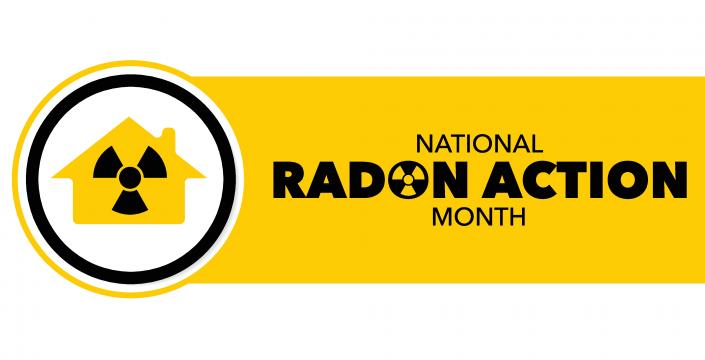Stay Well WDG Blog
The holidays are a time to gather, share delicious meals, and enjoy treats with the people we care about. But nothing ruins a celebration faster than...read more
Many people in Wellington, Dufferin and Guelph struggle to afford dental care, which can lead to untreated problems that affect overall health and...read more
We’ve seen a lot of questions, comments, and misconceptions about radon lately, especially with November being Radon Action Month. To help clear...read more



